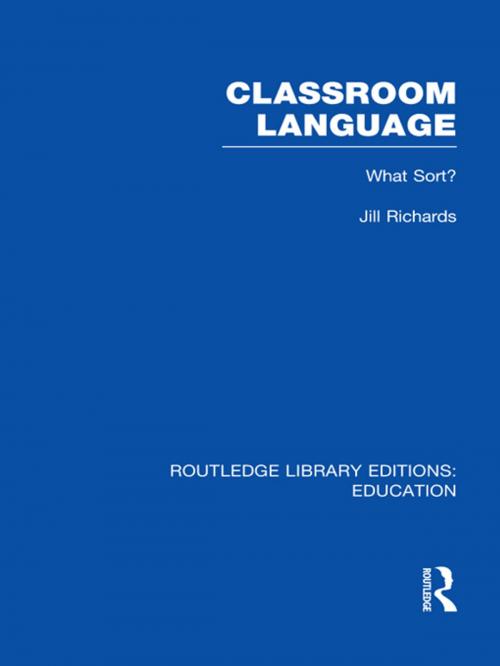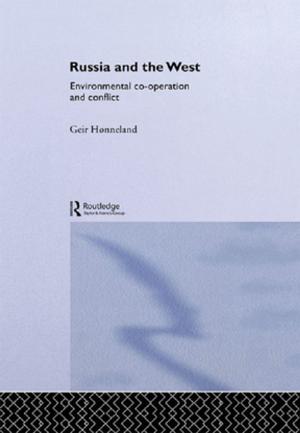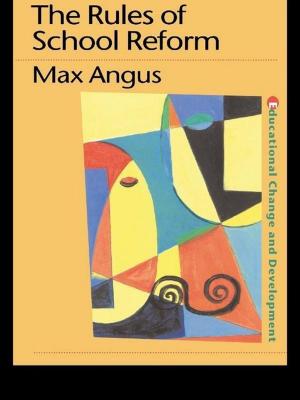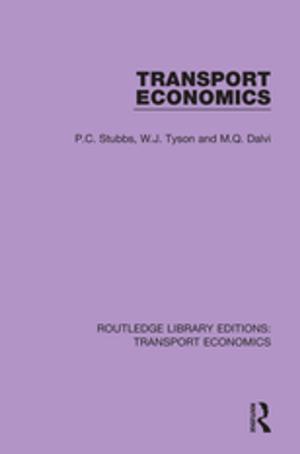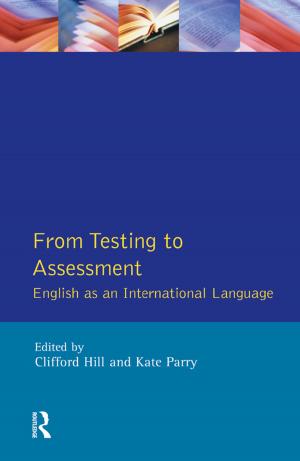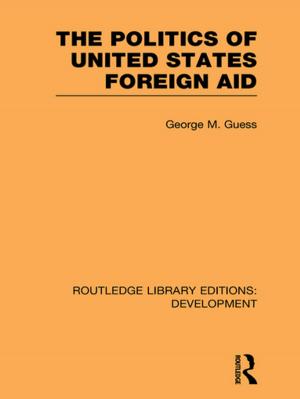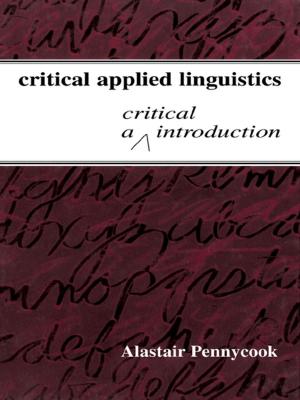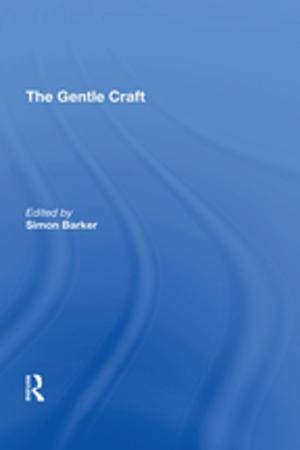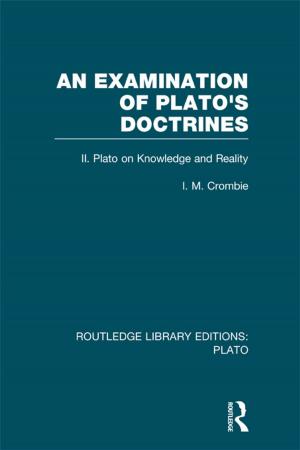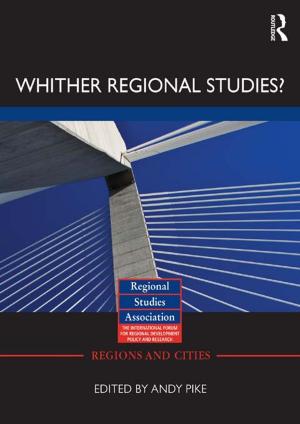Classroom Language: What Sort (RLE Edu O)
Nonfiction, Reference & Language, Education & Teaching, Educational Theory, Evaluation, Educational Reform| Author: | Jill Richards | ISBN: | 9781136452703 |
| Publisher: | Taylor and Francis | Publication: | May 4, 2012 |
| Imprint: | Routledge | Language: | English |
| Author: | Jill Richards |
| ISBN: | 9781136452703 |
| Publisher: | Taylor and Francis |
| Publication: | May 4, 2012 |
| Imprint: | Routledge |
| Language: | English |
The acquisition and use of language are just as vital to children’s learning when the newer classroom methods are being employed as ever they were when the more traditional approaches were being used. Child centred learning has increasingly influenced language use and language work in the classroom – mainly in the primary sector, but also in the teaching of English, and indirectly in the teaching of other subject areas including the sciences.
Interest in school learning and the special language it requires, compared with the language demands of everyday life, have recently developed in answer to the concern about allocation of the time available within the school timetable for each subject-based learning experience.
In this volume the author focuses mainly on the language of subject learning in the secondary schools. She looks critically at some current notions concerned with language and learning and examines their translation into classroom practice. She then develops a picture of the language demands made by other subject areas using collected language material and finally, in the light of this evidence, she attempts to identify the range of language in everyday use in schools, goes on to draw conclusions and then makes recommendations.
The acquisition and use of language are just as vital to children’s learning when the newer classroom methods are being employed as ever they were when the more traditional approaches were being used. Child centred learning has increasingly influenced language use and language work in the classroom – mainly in the primary sector, but also in the teaching of English, and indirectly in the teaching of other subject areas including the sciences.
Interest in school learning and the special language it requires, compared with the language demands of everyday life, have recently developed in answer to the concern about allocation of the time available within the school timetable for each subject-based learning experience.
In this volume the author focuses mainly on the language of subject learning in the secondary schools. She looks critically at some current notions concerned with language and learning and examines their translation into classroom practice. She then develops a picture of the language demands made by other subject areas using collected language material and finally, in the light of this evidence, she attempts to identify the range of language in everyday use in schools, goes on to draw conclusions and then makes recommendations.
